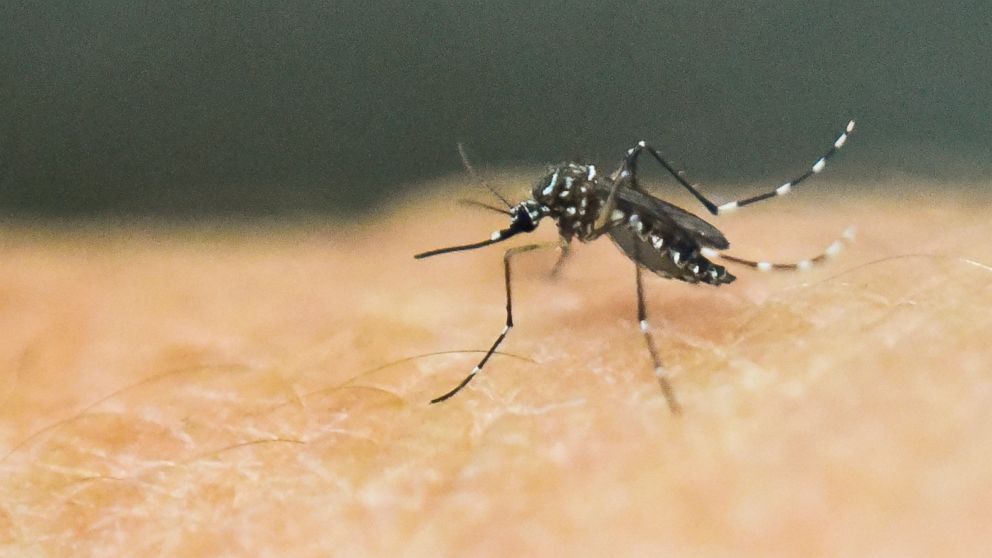Zika Virus Guidelines Updated for Pregnant Women in Wake of New Findings
New case shows female-to-male transmission is possible.

— -- Pregnant women should be tested for the Zika virus with 14 days of suspected exposure to the virus or if they exhibit viral symptoms, according to updated guidelines issued today by the U.S. Centers for Disease Control and Prevention.
The CDC previously advised testing pregnant women within one week of exposure to the virus or if they exhibited symptoms of viral infection. Additionally, the CDC is advising pregnant women to use barrier contraception or abstain from sex if their partners, either male or female, were in an area with ongoing Zika transmission.
The revised guidelines were issued after new studies found the virus can remain in the body longer than previously thought, and earlier this month, the CDC documented the first case of female-to-male transmission through sexual contact. Researchers are continuing to learn about how the Zika virus infects and affects in the body of those with the disease.
The news comes as more infants with Zika-related microcephaly have been born in both the U.S. and Europe. A fifth child with microcephaly was born in New York this month, and in Europe, a child was born with Zika-related microcephaly for the first time, according to The Associated Press.




